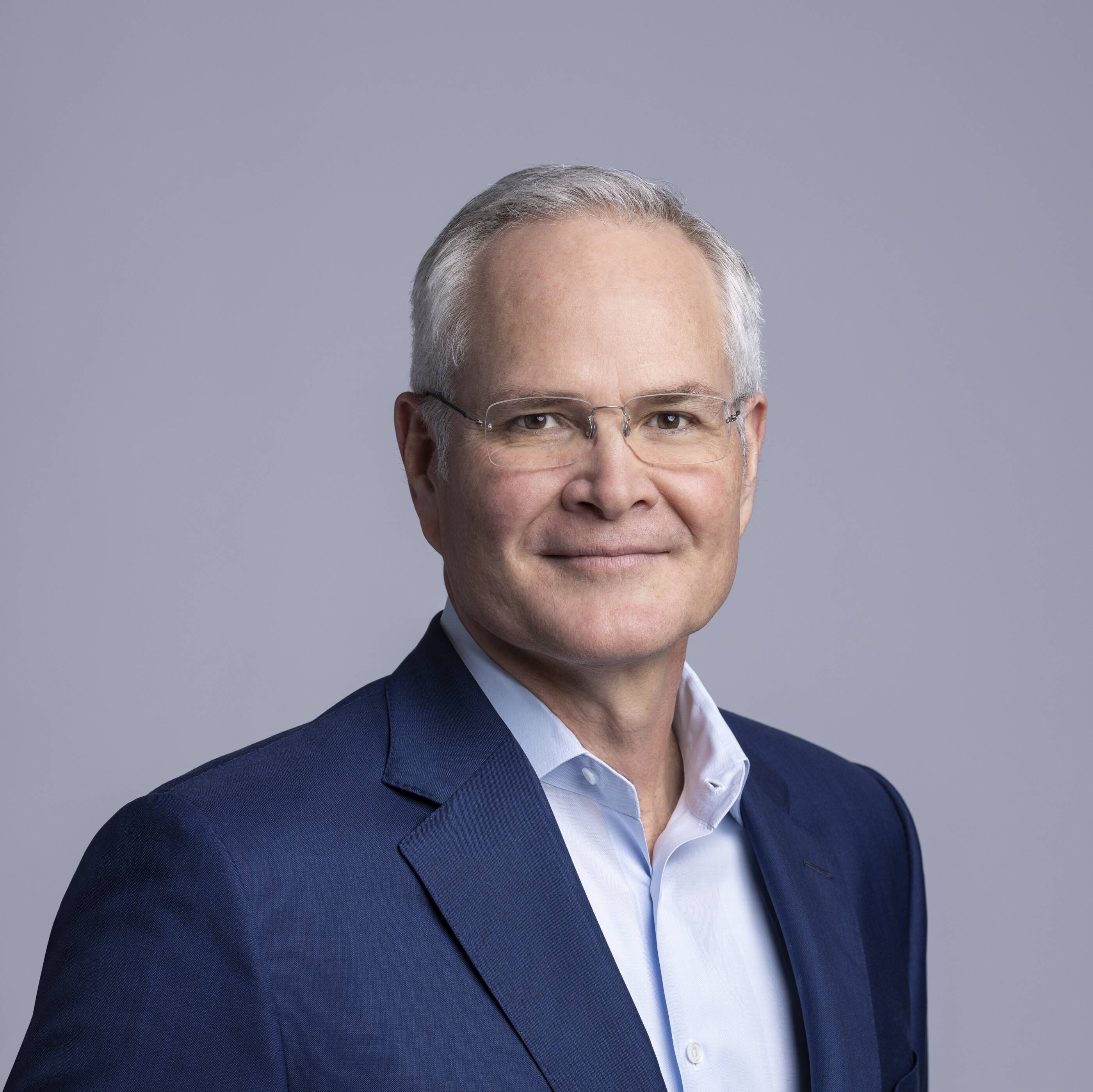selected item
Climate policy decisions that can help drive energy investments
January 24th, 2022
The world is searching for ways to reduce emissions, and the right policies can help get us there. Here are three policy decisions that can help us expand research and development efforts, bringing society one step closer to achieving climate goals.
Every technology begins with inspiration – an idea and a vision for a different way of doing something. The next step is research and development – the intensive technical, scientific work that turns an idea on paper into a technology that works in practice. Then, the final step is critical: How do you scale up a technology into something that can benefit millions, or even billions, of people in the real world?
To scale up a technology like carbon capture and storage, enormous capital investments are required. Entire infrastructures must be designed and built, and deployment at an industrial scale is a decades-long commitment. To make the long-term business case for such an investment, stakeholders expect government policies to support the technology as it scales. In order to make carbon capture a reality, three key policy positions are needed.
An economy-wide price on carbon
A technology-neutral approach
A predictable policy landscape
A challenge for technology … and policy
Finding the right policy solutions to support CCS is as much of a challenge as deploying the technology itself. To help make progress on policy, ExxonMobil continues to engage in efforts to encourage sound and constructive solutions.
We respect and support society’s ambition to achieve net-zero emissions by 2050 and continue to advocate for policies that promote cost-effective, market-based solutions to address the risks of climate change.
Learn more about our investment in energy policy and emerging CCS technologies.
Explore more
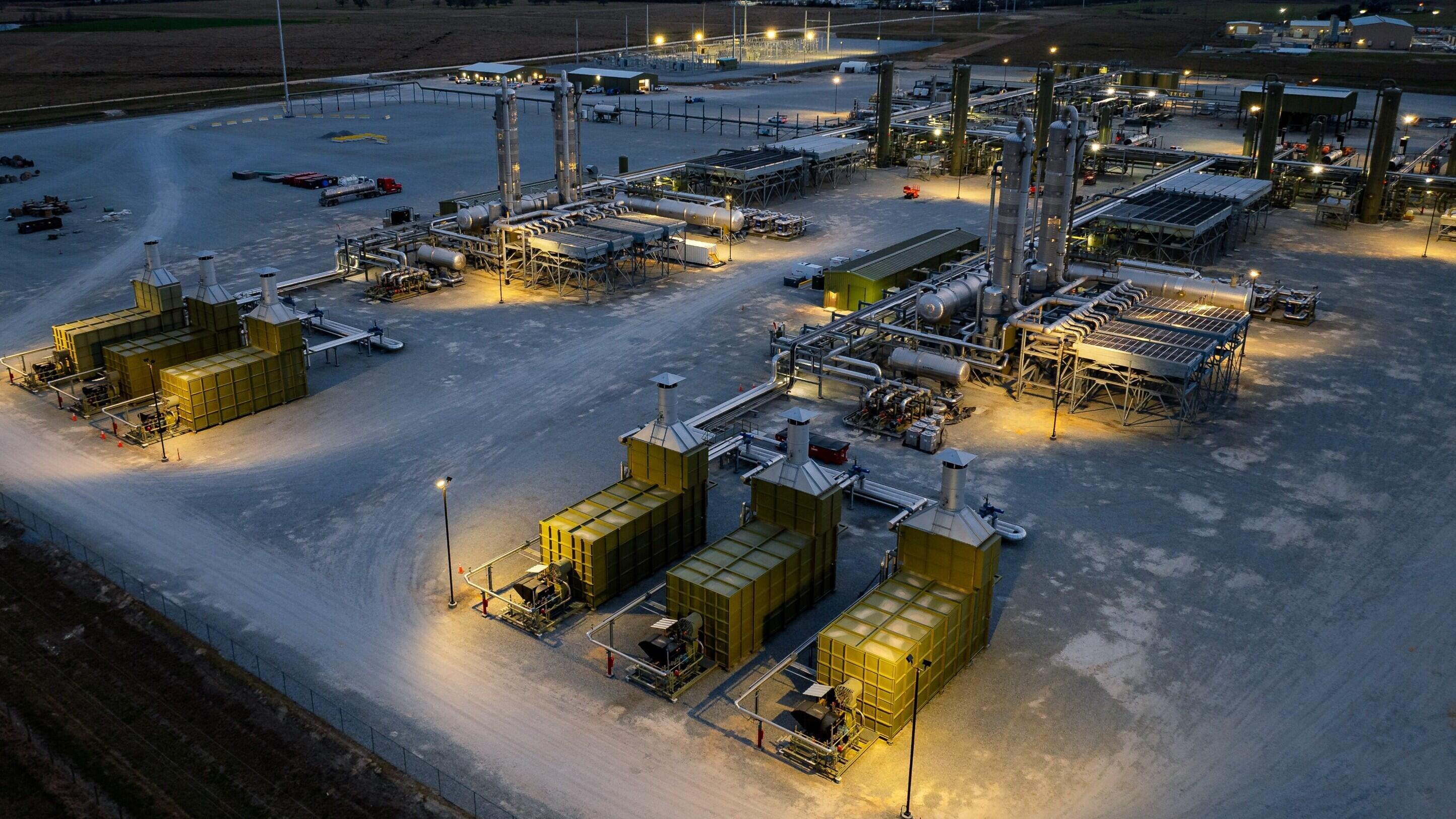
Expanding our CCS operations in Louisiana with another project startup
- We are now transporting and storing captured CO2 from the New Generation Gas Gathering (NG3) project in Gillis, Louisiana.
- NG3 is our second active commercial carbon capture and storage (CCS) operation in Louisiana.
- CCS application differentiates Louisiana’s core industries, including LNG, and provides a low-carbon energy solution for data centers and more.
2 min read
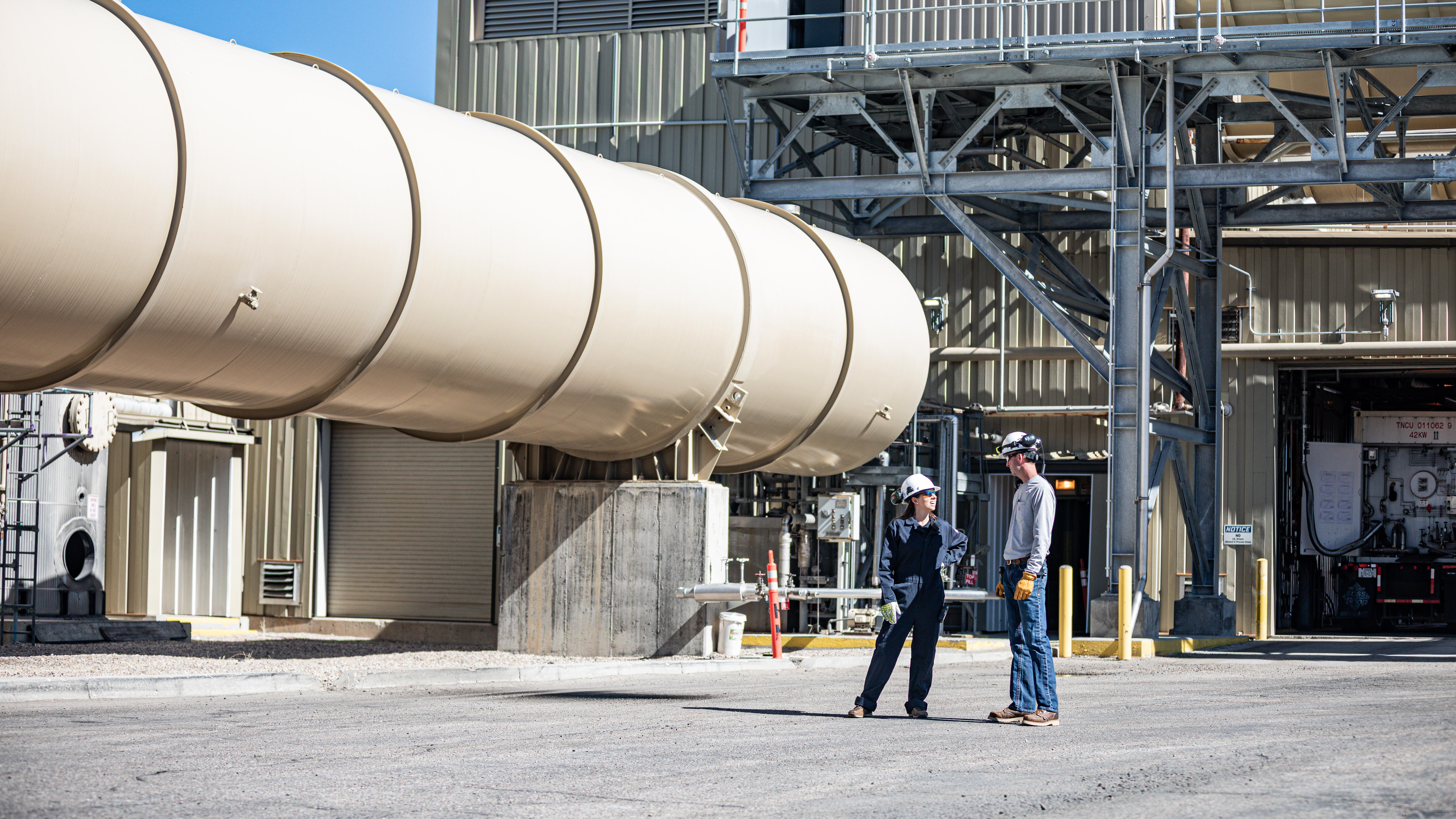
2025: Taking carbon capture and storage from momentum to impact
- We started up our first commercial CCS operation in 2025 with CF Industries in Louisiana.
- Our CCS portfolio spans multiple industries, with three projects expected to come online in 2026.
- We are targeting a final investment decision on our first Low Carbon Data Center by late this year.
2 min read
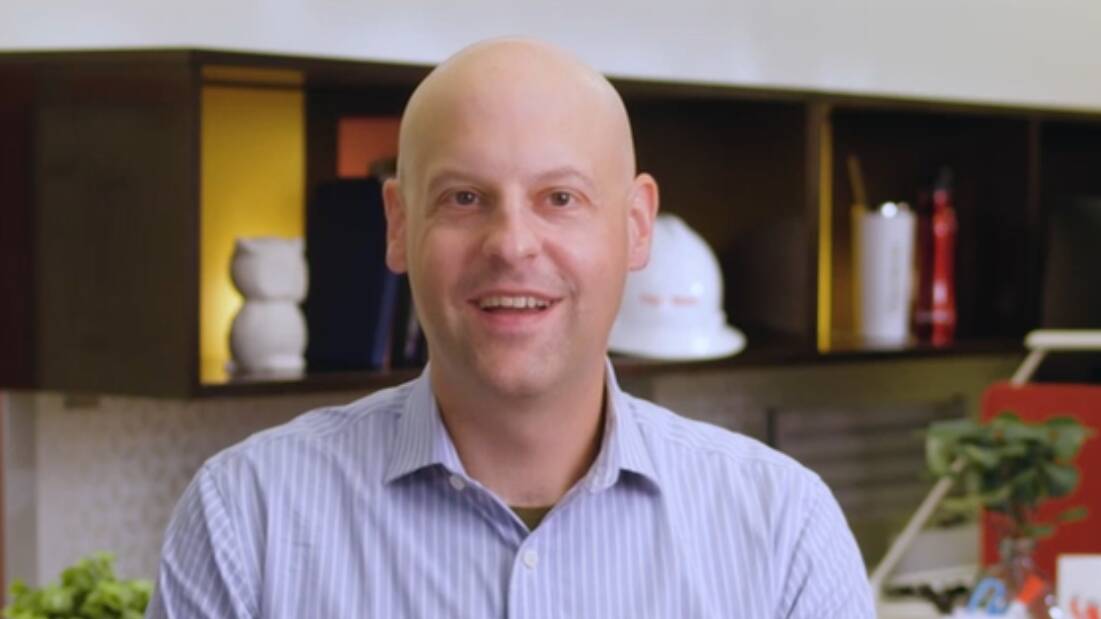
Capture it. Move it. Store it: Three steps for reducing CO2 emissions
- Want to learn more about carbon capture and storage (CCS)?
- Clay, Mark and Elizabeth are here to help in a video series.
- They explain how CCS works, why it matters and what makes it safe.
2 min read

Indonesia’s “and” solution for the energy transition
- Carbon capture and storage (CCS) supports industry continuing to grow while reducing emissions.
- Indonesia is well positioned to take advantage of the growing need for CCS.
- Indonesia’s policy on CCS is helping to accelerate the industry.
2 min read

How we’re capturing carbon and storing it safely
- In a new video, our Kathleen Ash explains how we’re keeping carbon capture and storage (CCS) safe.
- We have robust systems to safely transport and store captured CO2 emissions.
- We’re committed to protecting the safety of communities in which we operate.
2 min read
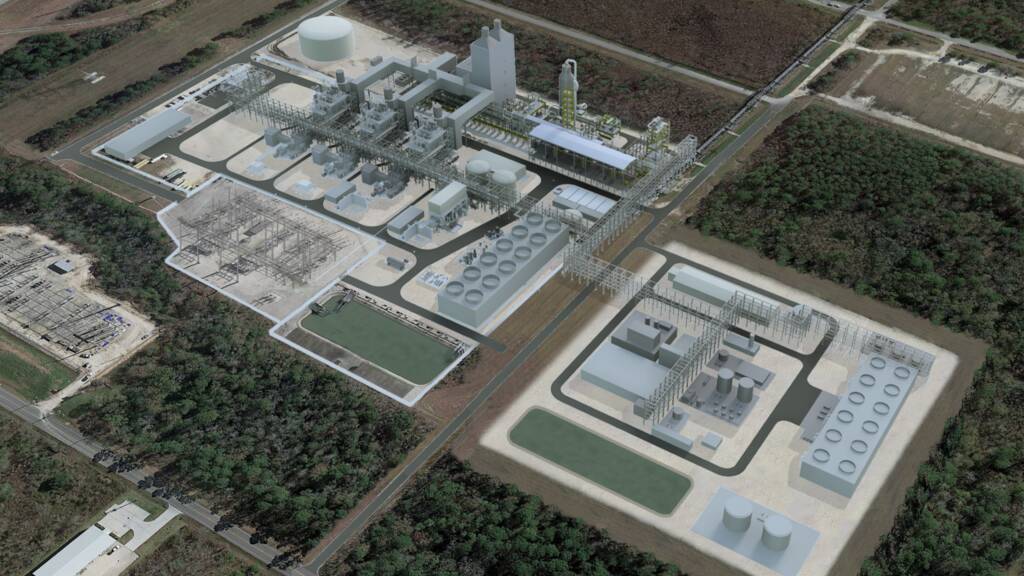
Calpine, ExxonMobil sign CO2 transportation and storage agreement for power generation project
- ExxonMobil to transport and store up to 2 million metric tons per year of CO2 from Calpine’s natural gas power generation facility.
- Calpine plans to produce ~500 megawatts of reliable low-carbon electricity, enough to power more than 500,000 homes.
- Project expected to bolster U.S. energy, strengthen industry competitiveness, and create jobs.
2 min read




